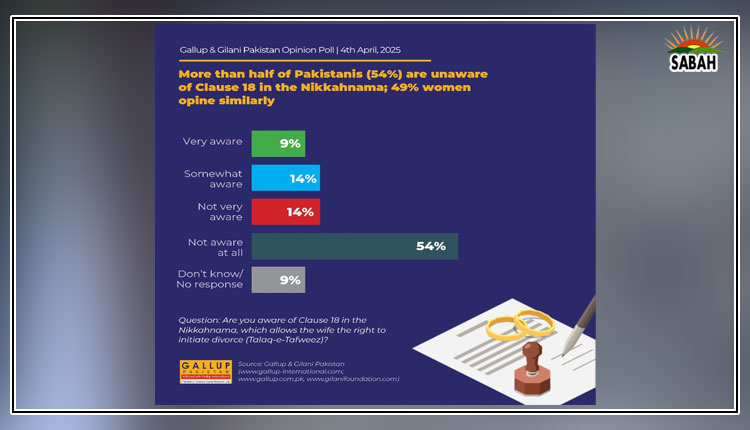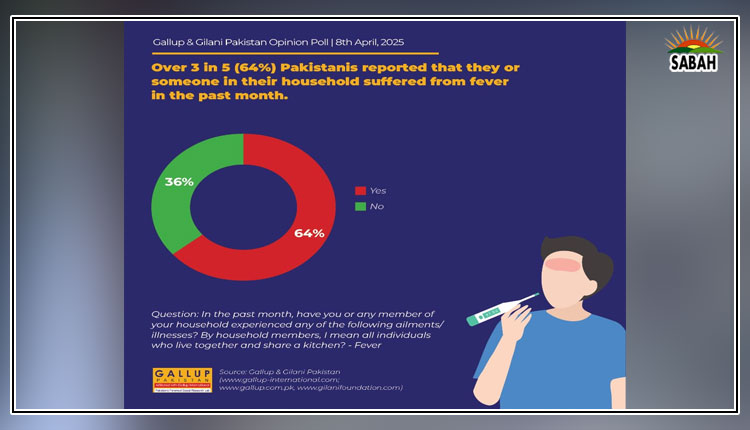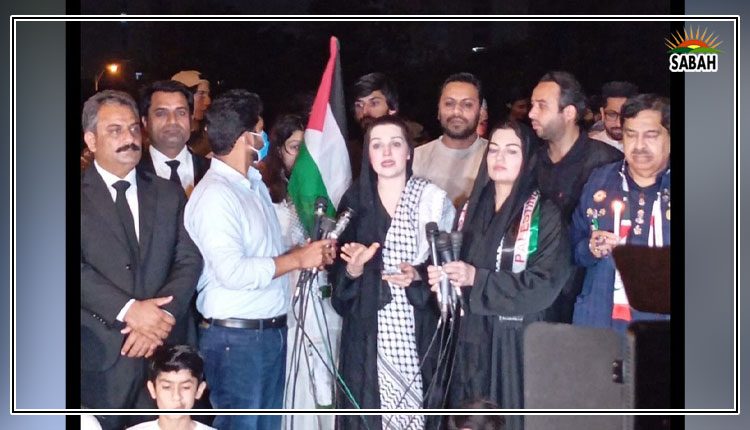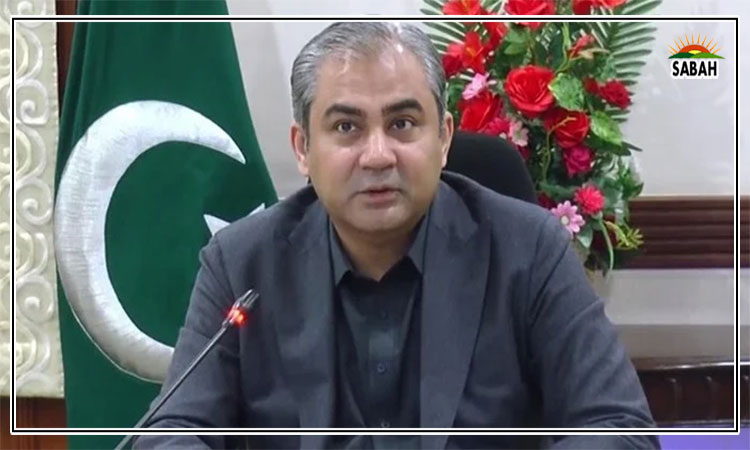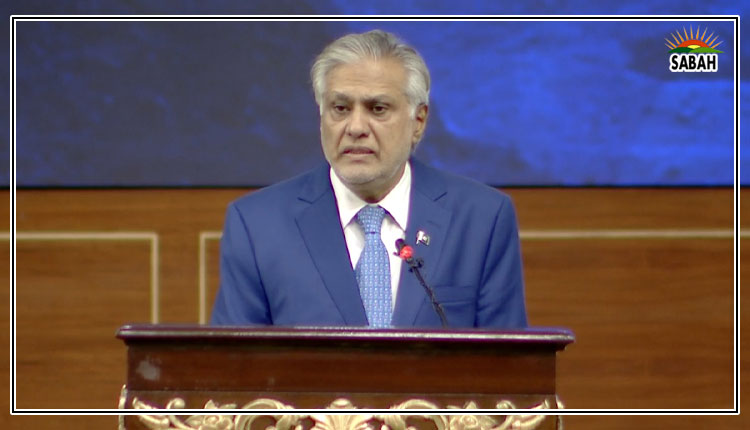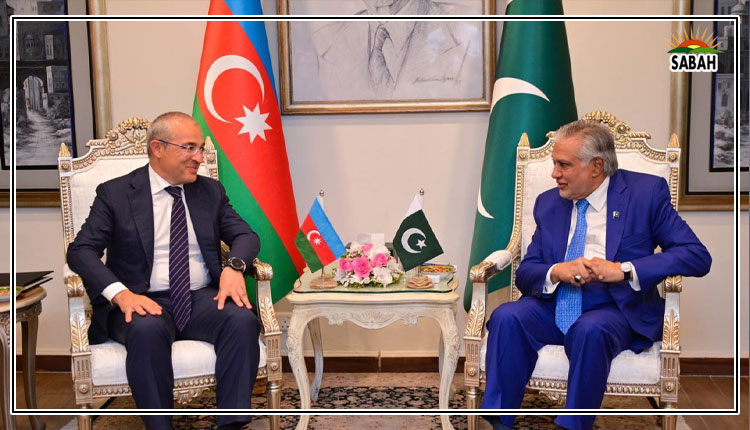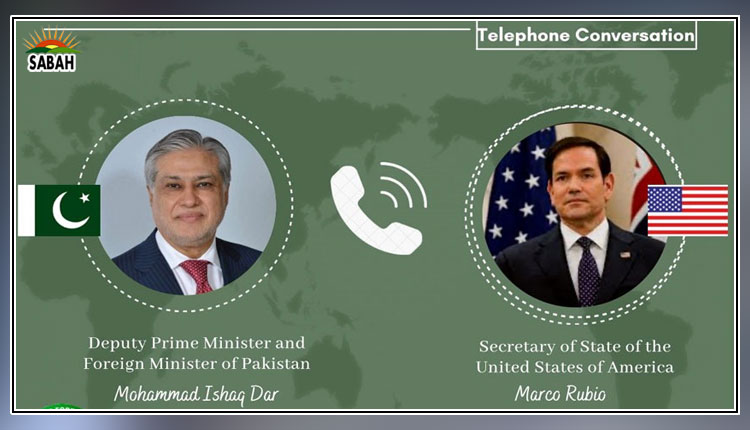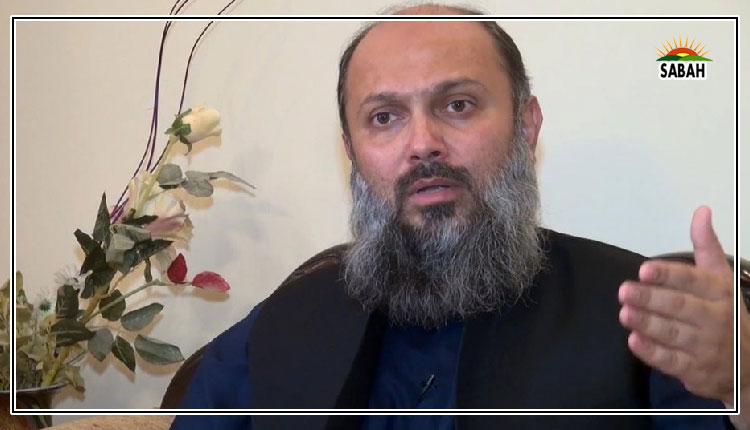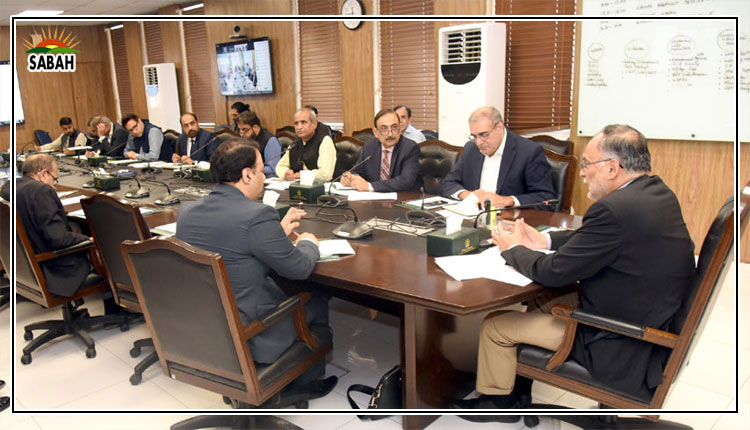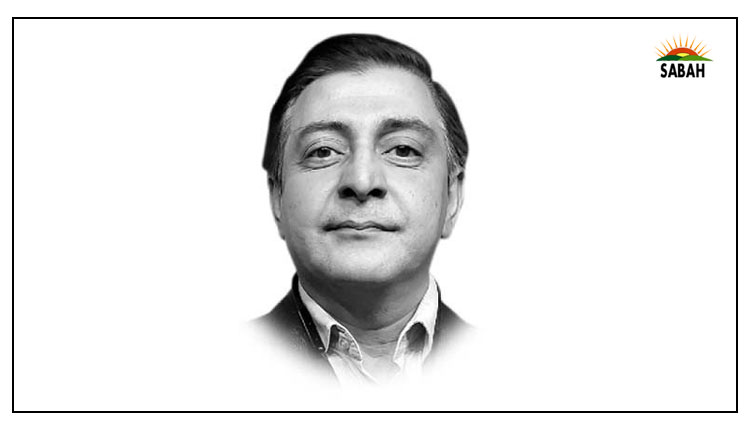Prejudice, paranoia and humanity…Farrukh Khan Pitafi
Hurt people hurt people. Sitcoms often embed such profound statements in their deep conversations. But by the time the part of your brain that deals with serious stuff takes notice and seeks to come online, immediate comic relief meant to break tension sends it back to sleep. For instance, Tobias Funke’s above observation about the hurt people hurting people in Arrested Development is quickly followed up by his mother-in-law, Lucile Bluth’s, “Oooh, that’s nice, I always say, ‘Make people cry — make people cry’, but yours includes the people who don’t want to give you the satisfaction.” And just like that, your attention is drawn away from a profound observation about human nature and condition.
The fact is we take many things for granted. For instance, a victim of abuse must act in a high-minded and thoughtful manner. But do victims owe anything to others? Why should they? Of course, cognitive consonance would suggest you see your suffering in that of others and desist from piling on. Not to mention, victimising others is terrible, and your victimhood does not give you a licence to victimise others. Then there is the matter of imagined victimhood and that of a sense of victimhood by association. At one point in time, your grandad was subjected to mental or physical torture by someone, you were not, and nor did you get along with him. But you appropriate their suffering and make it your own. This is particularly important when a political force wants to weaponise the collective real or imagined grievance of a nation, people, or community.
We mortals are creatures of our circumstances. Without even realising we accept so many constructed sentiments and prejudices as a part of our base programming. Take, for instance, the collective Muslim nostalgia about a glorious past. There is no gainsaying that at one point in history or another, Muslims enjoyed unrivalled political power, cultural strength and economic clout. But that was way before our personal experiences and most of what went on in such empires will not stand the test of the Puritan sensibilities of today’s clergy. These things are common in history. What goes up must come down. However, the clergymen in the Muslim communities make a point of dwelling upon this rise and fall because it empowers them in more than one way. For example, they can tell the common man on the street that Muslims lost their glory because they stopped listening to their religious elite. Or that people from other faiths are responsible for their decline. Or that the purpose of their faith is to build a theocratic empire and not to achieve the spiritual perfection of each believer. Similarly, sacrifice is not the sacrifice of your beloved possessions for your fellow man but sacrificing your life and wealth for religious concerns. You can already see where this is going.
Likewise, you will see many instances where chronicled memory of the distant past becomes a major talking point in circumstances that have nothing to do with them. Take India’s historical experience of foreign rule. India has been independent for 75 years, and 90 years before that, even the last vestiges of Muslim rule were dismantled. Suffice it to say that no direct affectee of the Muslim rule in India is alive today. And hasn’t been for nearly a century. But since it is useful to project them as oppressors, if you pay heed to today’s discourse you would think that this broken shell of mostly irrelevant minority poses an existential threat to India. China’s so-called century of humiliation also often becomes a vehicle for channelling political grievances. Please note that there are moments in every country’s past that would make the majority of its citizens wince. But nations usually recover swiftly from such low points. And they are a part of what we call so-what. What matters most is what you make of your nation once you have the agency to choose through independence or by some other clever means.
I will be remiss if I do not recognise one outlier. The Jewish community around the world is an exception to these rules because many victims of the most terrible atrocity known to them in recent history, the holocaust, are still alive. Now that there is a Jewish state with incredible influence and pull, there is no bar on them to rally in support of Israel. Bear in mind that no matter where you are, if you are Jewish, Israel automatically grants you citizenship. Their blind loyalty to the Jewish state should be a cert, shouldn’t it? But look at the large number of Jewish protesters who came out against Israel’s invasion of Gaza. It takes a great deal of bravery to stand up to your enemies, and a great deal more to stand up to your own.
You can say with confidence that due to its unique historical experience, the Jewish diaspora is more evolved than most. This even though Huntington’s Clash of Civilizations and his promotion of Michael Dibdin’s xenophobic rant about identity have given extremists in each community a new vocabulary of hate. For instance, conscientious Jews, Hindus and Muslims who break ranks with their own communities in support of principles are accused of being “self-hating” Jews, Hindus, Muslims, etc. But those who stand up for humanity make our collective future at least a bit better. Isn’t it an example to emulate?
It is a legacy of India and Pakistan’s unnecessarily bloody partition and post-colonial experience that prejudice, paranoia and hate keep mutating with uglier and uglier outcomes. There is no guarantee that these negative sentiments will one day stop mutating. But one would have thought that once the citizens of these countries leave home for greener pastures abroad they would leave these biases behind. And in the second-generation immigrants, you often see some proof of this concept. But as their countries of origin have grown more unhinged we have witnessed at least some first-generation immigrants infect their communities with these biases. This is unacceptable. There should be no room for Islamophobia, Hinduphobia or Sikhphobia in a civilised society. This is especially true now when South Asians are gaining influence abroad. The Indian diaspora is already pretty accomplished. Pakistanis, Sri Lankans and Bangladeshis are also rapidly gaining visibility and clout.
It will be a terrible waste of influence if it is used against each other. Especially because they all look and sound the same and xenophobes, hate-mongers and racists do not stop to check your ID before attacking you.
Courtesy The Express Tribune, November 11th, 2023.


